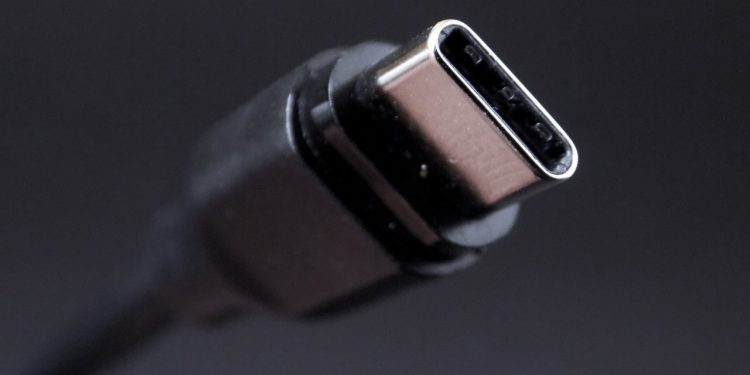The European Union`s move to get all tech companies to adopt a universal charger for all tech products made and distributed in the region is encountering new challenges, and this is might be a threat to the successful implementation of the policy.
In a statement on Tuesday, this move was criticized by Apple, which said that the new policy regulation would curb innovation in the tech industry.
This claim may however, be criticized in some quarters as a pretense for another reason why this position is been opposed by the company.
The Internal Market Commissioner for the EU, Thierry Breton said in a statement: “A common charger is common sense for the many electronic devices in our daily lives,”.
“European consumers will be able to use a single charger for all their portable electronics — an important step to increase convenience and reduce waste,” he added.
However, notwithstanding this obvious benefits to the EU consumers, “the regulation could be considered by these tech companies to lead to loss of revenue.
This is because the sale of multiple chargers for different gadgets will be affected”, said an insider source, who preferred not be mentioned.
Another challenge to this new policy comes from the UK government, which said on Thursday that it is not “currently considering” plans to implement a universal charger following the EU’s decision to unify chargers by autumn 2024.
BACKGROUND
The provisional EU agreement, which was announced on Tuesday, will enforce a USB-C on all new portable electronic devices, including phones, tablets and laptops.
According to reports, the post-Brexit agreement between the UK and EU stipulates that the new regulation should apply to Northern Ireland.
The ruling means that all companies, including tech giants Apple and Google, will be obliged to make devices such as phones, tablets, e-readers and digital cameras use the USB-C charger.
According to the EU, the new order also takes into account a range of other portable electronic devices, including video game console controllers, headphone and headsets, portable speakers and power-banks.
The law is a part of a wider EU effort to make products in the region more sustainable, reduce electronic waste and make consumers’ lives easier.
This move is especially concerning to Apple, which said in a statement on Tuesday that the new regulation will curb innovation.
TAKEAWAY
According to the EU, the ruling will save consumers “up to €250 million ($268 million) a year on unnecessary charger purchases” and cut 11,000 tons of waste a year.












